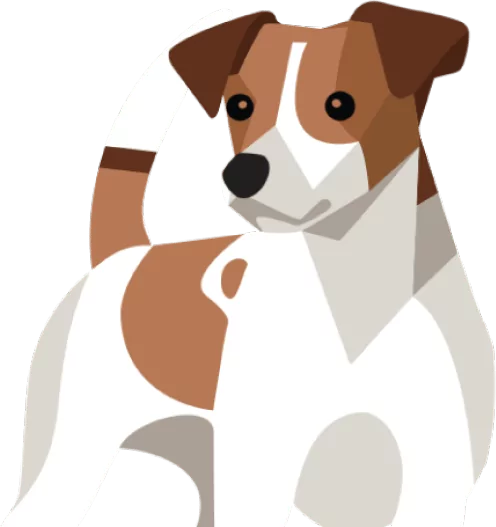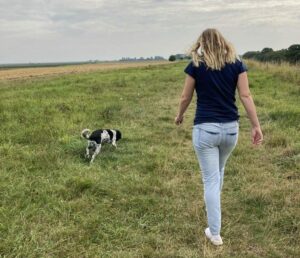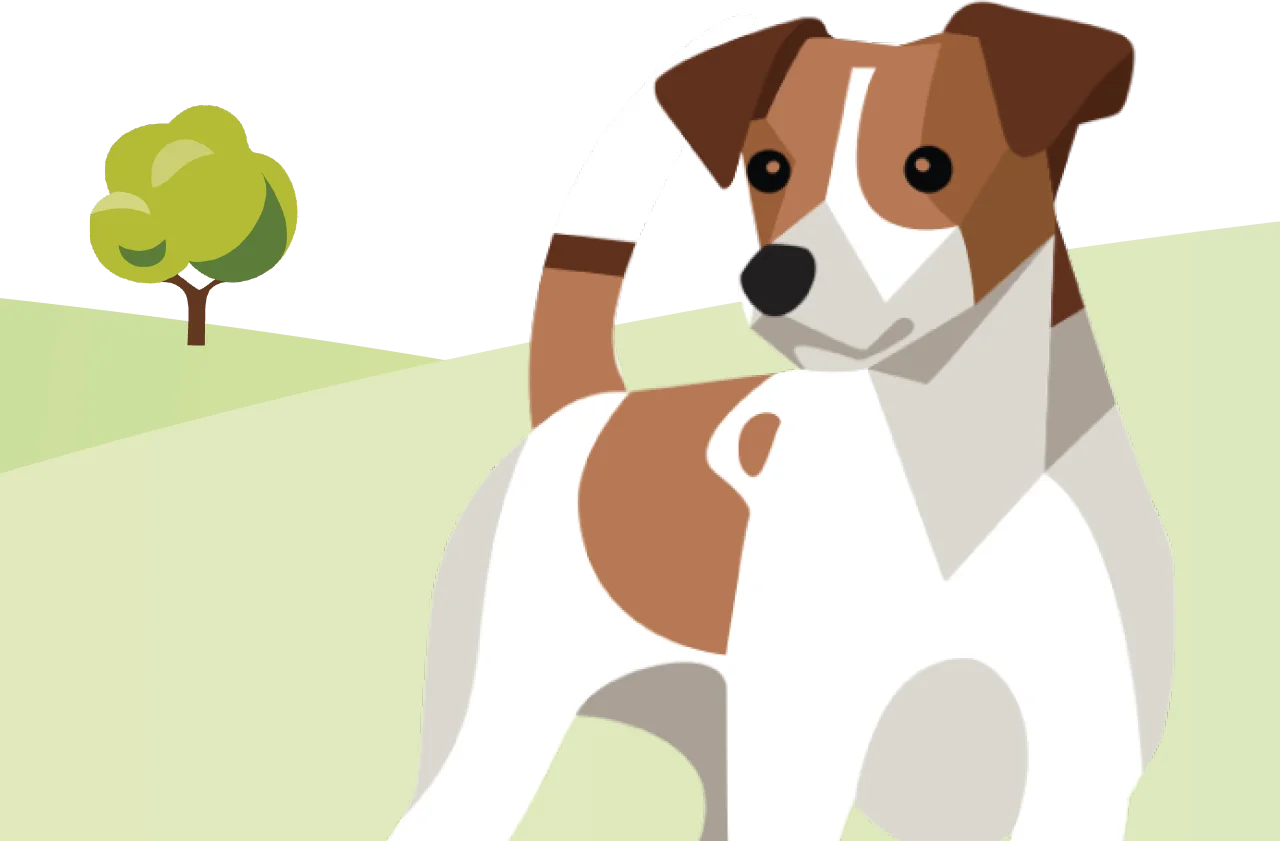13th – 20th January 2022
We understand obesity in dogs can sometimes be difficult to overcome – but keeping a healthy weight for your dog is key for a healthier, happier and more active four-legged friend. Overweight dogs can experience health issues if their weight isn’t addressed – it is very important when getting a dog to understand their needs as weight and behavioural problems are likely to develop if the breed doesn’t fit into your lifestyle.
If you are struggling to keep dog at a healthy ‘ideal’ weight, contact your vet for medical advice as they will always be happy to help. To check if your dog is overweight, the RSCPA recommend a few simple tests you can do:
- You should be able to see and feel the outline of your dog’s ribs without excess fat covering.
- You should be able to see and feel your dog’s waist and it should be clearly visible when viewed from above.
- Your dog’s belly should be tucked up when viewed from the side.
There are certain factors that will make obesity in dogs more common: these are factors such as, age, breed and sex. Weight loss in dogs can be achieved by exercising more and looking at their diet to create a feeding plan: feeding a diet rich in protein and fibre but also low in fat are great for weight loss, as it gives the dog the feeling of being full while providing them with more energy.
Click here to read our article on How To Help My Obese Dog Lose Weight for more information on helping your dog to lose weight.




